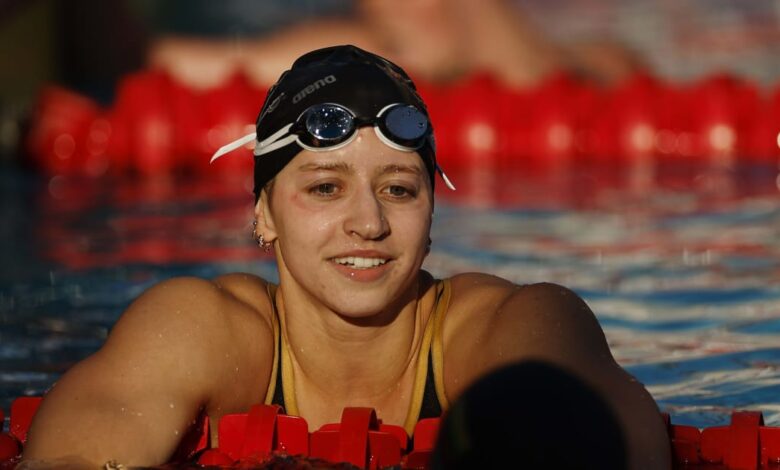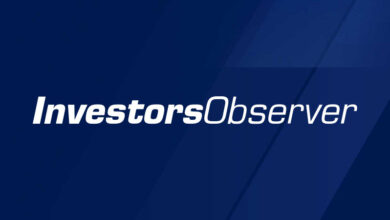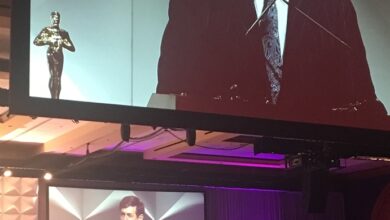Team USA | How Data Analytics Have Helped Swimmer Kate Douglass Become A Paris Favorite

“I had gotten a lot of bronze medals (at the Olympics and world championships), I had like three or four of them,” she said. “It was really exciting to see myself get higher on the podium and get that gold in an individual event.”
At the most recent World Aquatics Championships in Doha, Qatar, in February 2024, Douglass defended her 200 IM world title, dropping her personal best to 2:07.05 — at the time, the fastest time in the world this year. She also won silver medals in the 50 free and 200 breaststroke, becoming the second female U.S. swimmer to win medals in three different strokes at one world championship and the first since Tracy Caulkins in 1978.
Douglass is in good company. The only other swimmers to win medals in multiple strokes at one world championships are Hosszú and Michael Phelps.
A quiet athlete, Douglass prefers to let her results speak for themselves. But she does like speaking about her research at UVA.
Douglass matriculated at UVA as a computer science major, then discovered statistics, allowing her to combine an interest in math with computer science. Then she met Dr. Ken Ono, a world-renowned theoretical mathematician at UVA who began applying data analytics to swimming when he was a professor at Emory University in 2018.
Douglass had never considered applying data gathered from her stroke patterns and the wavelets she left in her wake to her stroke efficiency. But after Dr. Ono began working with the UVA swim team in 2020-2021, she quickly saw the benefit.
“Once he started working with us, I realized that a lot of the stuff I was learning in class was basically what he was applying to swimming,” said Douglass, who is now pursuing a master’s degree at UVA in statistics, including independent study with Dr. Ono.
To gather data, Dr. Ono and his team attach sensitive accelerometers fitted with internal gyroscopes and directional force meters to swimmers. These instruments provide data to assemble an athlete’s digital twin.
Using Newton’s laws of motion and applied fluid dynamics, they analyze the data and can make recommendations to improve technique and race strategy.
Douglass summarized how effective the data is in an academic paper, titled “Swimming in Data”(published March 24, 2024, in The Mathematical Intelligencer), on which she is the lead author. She used herself as an example in the paper, illustrating her breaststroke technique and how, compared to five-time Olympic medalist Lilly King, her head position was creating drag.
“After 36 months of work, Douglass’s improved technique resulted in a 0.11 second savings on average per streamline glide, which amounts to 0.44 seconds in the 200-meter breaststroke event,” wrote Douglass et al. “Is that savings significant? Twelve weeks after this test, Douglass broke the twelve-year-old American record in the event with a time of 2 minutes, 19.3 seconds, dipping under the previous mark by 0.29 seconds.”
For further proof of data analytics applied to swimming, Douglass et al. used 2020 Olympian Claire Curzan as an example in the paper. The 19-year-old swimmer transferred from Stanford University to UVA last fall to work with the team’s data analytics. At the 2024 world championships, Curzan won the 50, 100 and 200 backstroke races.
“In all, United States swimmers took home twenty medals,” wrote Douglass et al. “Seven of those were won by women in individual events. In fact, Kate Douglass and Claire Curzan won all seven of them. GoMath!”
Douglass et al. concluded the paper with a look toward Paris 2024.
“Many American swimmers will make Olympic history with medals and records,” they wrote, “and for some, hidden on computers out of sight, will be their digital doppelgängers that were somehow also part of the team.”
Douglass plans to complete her master’s degree in spring 2024.
While Douglass would ideally compete in four individual events at the Paris Olympic Games, the schedule may dictate that she only try for three — 100 freestyle, 200 breaststroke and 200 IM, plus any relays for which she qualifies. In Paris, the 50 free semifinal is scheduled mere minutes before the 200 IM final.
But Douglass is not thinking about qualifying for Paris or about winning medals once she is there.
“Going to Tokyo helped boost my confidence,” she said. “Now I’m honestly able to get really excited to go race Trials this year. In the past, I got really nervous at these types of events. But I’m just really excited to see how I’ve improved in my training and see what I can do.”
When asked if her daughter could be the next Michael Phelps, Douglass’ mother demurred. “I don’t know anyone else who compares to her really. She’s Kate Douglass!”



